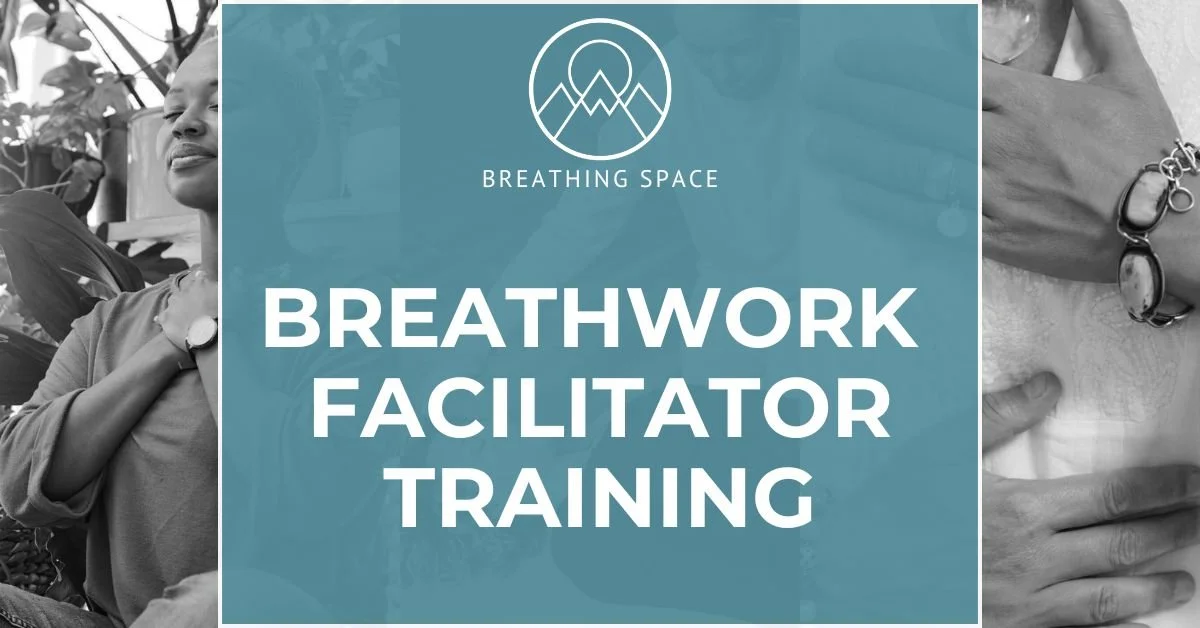
Airwaves
A Breathwork Blog by Breathing Space
Blog Categories
Most Recent Breathwork Blog Posts

Making the Most of Your Online Breathwork Course
The world of learning has changed dramatically in recent years. Remember those pre-pandemic days when in-person workshops and courses were the norm?
Well, COVID-19 shook things up, pushing a lot of learning online. And while this opened up amazing opportunities for accessibility and flexibility, it also created a whole new landscape to navigate.
Let's face it, online learning can be a bit of a challenge. Technical glitches, distractions at home, and the lack of in-person connection can all make it tricky to stay focused and engaged. And if you're not particularly tech-savvy, the whole experience can feel a bit overwhelming.

I Knew at That Moment I Was Meant to Teach This.
What brought me here? I feel this can be such a loaded question…Where do I start.
Well to really tell why I am here, I need to give you some back story to my life. In a nutshell, how I found breathwork was by having a lot of events happen in my life, that I didn’t know how to deal with.
This all came to a head about 5 years ago, when I started going though a divorce from the father of my children.

Choosing the Best Online Breathwork Course
Breathwork's popularity has skyrocketed in recent years, and it seems like everyone's offering an online course these days. While it's wonderful to see this ancient practice gaining recognition, the sheer number of options can be overwhelming. With so many courses vying for your attention, it can be hard to know where to start.
How do you choose a course that's right for you? One that aligns with your goals, learning style, and budget? One that's led by a qualified facilitator who understands the nuances of breathwork and can guide you safely on your journey?

Trauma Informed Breathwork Training
Breathwork is having a moment. Its transformative potential is undeniable, and more and more people are seeking its benefits for stress relief, emotional healing, and personal growth. As the demand for breathwork facilitators grows, so does the responsibility to ensure that these powerful practices are held in a safe and supportive container.
This is where trauma-informed training comes in. It's not just about working with individuals who have experienced trauma; it's about creating a space where everyone feels safe, empowered, and respected, regardless of their background or experiences.









